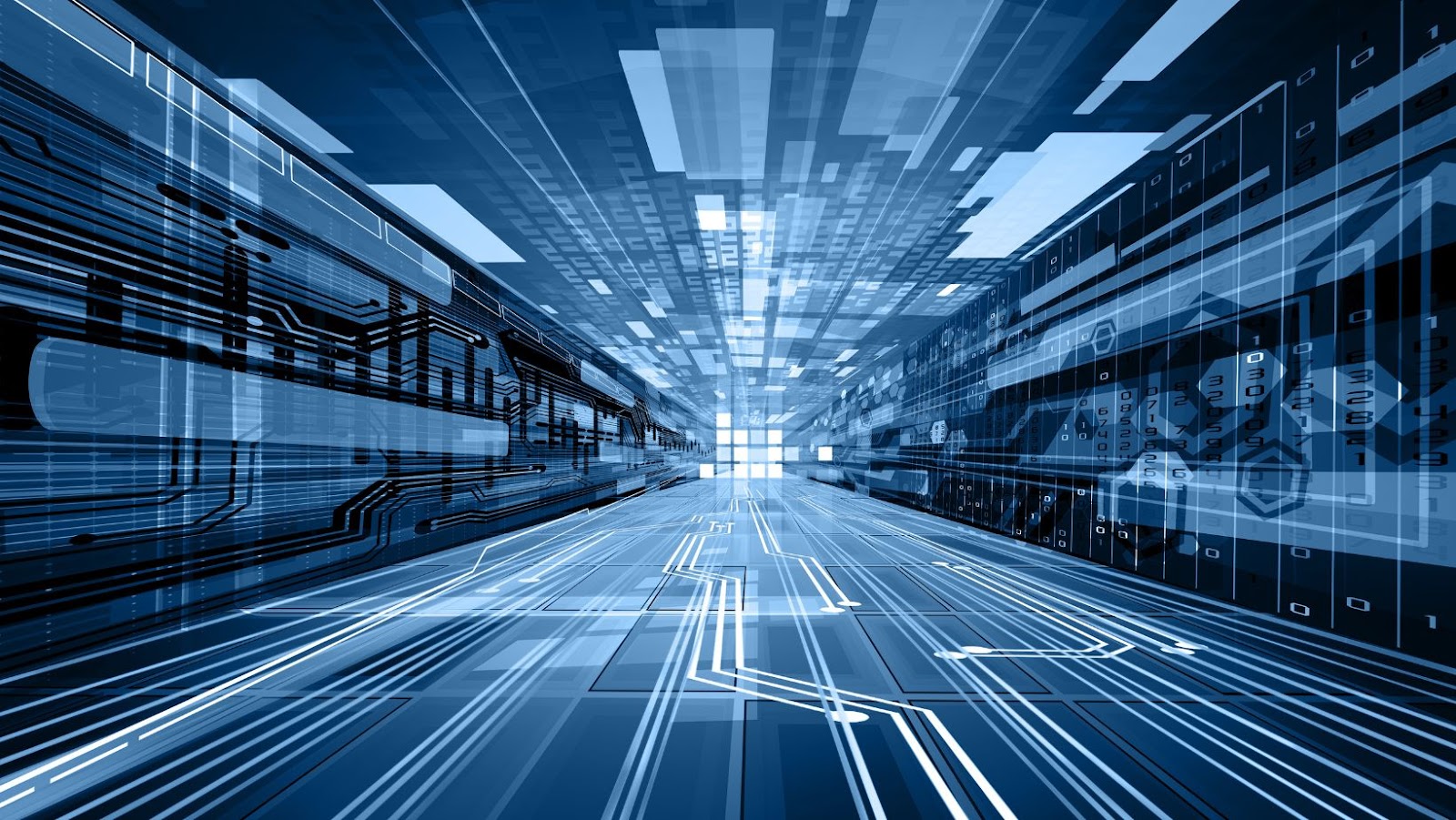 Technology has Made Life Better
Technology has Made Life Better
In today’s fast-paced world technology has become an integral part of daily life, weaving its way into almost every aspect of human existence. From the way people communicate to how they work, learn, and entertain themselves, technological advancements have revolutionized the modern lifestyle. It’s hard to imagine a time when instant access to information, global connectivity, and smart devices weren’t at our fingertips.
How Technology has Made Life Better? Not only has technology bridged distances and brought people closer together, but it has also enhanced productivity and efficiency in countless ways. Medical breakthroughs, innovative educational tools, and smart home systems are just a few examples of how technology has improved quality of life. As society continues to evolve, the positive impact of technology becomes even more evident, promising a future where convenience and progress go hand in hand.
Technological evolution traces back to early inventions like the wheel and the printing press. These innovations laid the groundwork for today’s advanced systems. Over centuries, technology has shifted from mechanical inventions to electronic and digital breakthroughs, revolutionizing various aspects of life.
Starting with the wheel, mechanical innovations provided foundational tools. The printing press, introduced in the 15th century, revolutionized information dissemination. Mechanical clocks, steam engines, and the telegraph emerged, each contributing to societal shifts by increasing efficiency and connectivity.
The 20th century introduced electronic advancements. The invention of the transistor in 1947 paved the way for modern electronics. Televisions, radios, and early computers transformed communication and information processing. The microprocessor, in 1971, marked another significant leap, enabling the development of personal computers.
The digital revolution began in the late 20th century. The internet’s creation in the 1960s and its commercialization in the 1990s transformed global communication. Mobile technology followed, giving rise to smartphones that integrate numerous functions into one device. Cloud computing and AI introduced new possibilities in data storage and intelligent systems.
Recent trends include the Internet of Things (IoT), connecting devices into intelligent networks. Renewable energy technologies aim to create sustainable power solutions. Advances in quantum computing offer promise for unprecedented computing power, potentially transforming industries.
 Enhancing Communication
Enhancing Communication
How Technology has Made Life Better? Technology drives modern communication. It connects people globally, making interactions seamless and efficient. Instant messaging and video calls revolutionized personal and professional interactions. Applications like WhatsApp, Slack, and Zoom enable real-time communication, breaking down geographical barriers. Users can send texts, images, and files instantly, fostering collaboration and maintaining relationships. Video calls imitate face-to-face meetings, essential for remote work and staying close to loved ones.
Social media platforms transformed how people connect and share. Websites like Facebook, Twitter, and Instagram enable users to post updates, photos, and videos, creating digital communities. These platforms allow networking, knowledge sharing, and marketing opportunities. Social media facilitates global conversations, driving social change and awareness campaigns.
 Improving Healthcare
Improving Healthcare
Advancements in technology have significantly improved healthcare by enhancing diagnosis, treatment, and patient care. Innovations in medical research and patient communication play a crucial role.
How Technology has Made Life Better? Medical breakthroughs, driven by technology, have revolutionized treatment options. Genomic sequencing allows for personalized medicine, tailoring specific treatments to individual genetic profiles. Advanced imaging techniques, such as MRI and CT scans, provide detailed internal views, aiding in accurate diagnostics. Robotics in surgery offers precision previously unattainable by human hands. These innovations result in better patient outcomes and reduced recovery times, transforming medical practices.
Telemedicine services, supported by technology, extend healthcare access to remote locations. Video consultations let patients receive expert medical advice without traveling, especially beneficial for those with mobility issues or in underserved areas. Remote monitoring devices track vital signs and transmit data to healthcare providers in real-time, enabling ongoing patient management. These tools not only increase convenience but also ensure timely interventions, improving overall health management.
Technology’s pervasive influence continues to shape and enhance modern life. From revolutionizing communication and healthcare to transforming education and productivity, its impact is undeniable. As advancements like AI, IoT, and quantum computing unfold, the potential for further improvements grows. Embracing these innovations promises a future where technology not only simplifies daily tasks but also drives significant progress in various fields. The seamless integration of technology into our lives underscores its vital role in creating a more connected and efficient world.